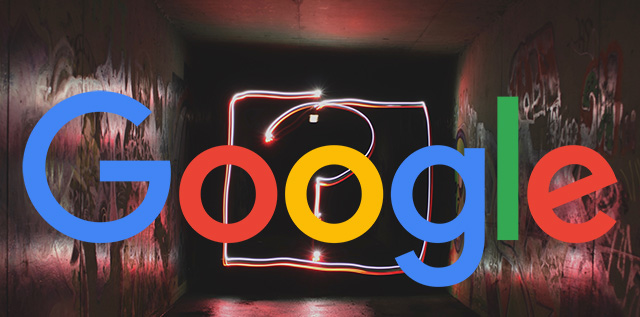Suitably named the January 2020 Core Update, Google announced the first core algorithm since September 2019 via their Google SearchLiaison Twitter account on January 13th. While the engineers at Google are constantly making minor edits and little tweaks to their search algorithms, the core updates are the ones that webmasters and SEOs really need to keep an eye out for. These updates are major changes to how Google ranks pages and can have huge impacts on organic traffic.
Previously released, and more memorably named, updates like Penguin and Panda had massive impact on Google’s search engine results page (SERP) and moreover, they fundamentally changed what SEO tactics and strategies worked – and what didn’t. These updates were rolled out to penalize low quality content and spam sites optimized to game the algorithm without providing anything of value or otherwise useful content.
As for the January 2020 Core Update, by all accounts this was a major update.
In an interview with Search Engine Land, Yulia Ibragimova from SEMRush said
“We can see that the latest Google Update was quite big and was noticed almost in every category.” The most volatile categories according to SEMRush, outside of Sports and News, were Online communities, Games, Arts & Entertainments, and Finance. But Yulia Ibragimova added that all categories saw major changes and “we can assume that this update wasn’t aimed to any particular topics,” she told us.
Mordy Oberstein from RankRanger added,
“the YMYL (your money, your life) niches got hit very hard.” “This a huge update,” he added. “There is massive movement at the top of the SERP for the Health and Finance niches and incredible increases for all niches when looking at the top 10 results overall.”
Whenever Google refines its search algorithm, there are always winners and losers. And while no one can predict what the next core algorithm update will be, it always helps to keep the following from Google’s Webmaster Central Blog in mind:
“There’s nothing wrong with pages that may perform less well in a core update. They haven’t violated our webmaster guidelines nor been subjected to a manual or algorithmic action, as can happen to pages that do violate those guidelines. In fact, there’s nothing in a core update that targets specific pages or sites. Instead, the changes are about improving how our systems assess content overall. These changes may cause some pages that were previously under-rewarded to do better.”
Naturally, this may also cause some pages that were previously performing well to see sharp and rapid declines in rank and traffic. If you are not hit with a manual penalty and see a sharp drop in traffic, technically still being in Google’s good grace can be of little comfort.
Regardless of whether your site was a winner or a looser, there are some useful tips to keep in mind when optimizing your site. Remember, the purpose of these core updates is to change how Google’s systems assess content overall, not to make cosmetic tweaks. This means that understanding why Google is changing its algorithm is just as important as what they actually changed. Updates like Penguin and Panda were aimed at reducing low quality and spammy sites. With these updates, the why was that less scrupulous SEOs had found ways to manipulate the algorithm, propelling low quality sites to the top of the SERPs. A search engine is only as valuable as the searchers find it to be and if the front page of Google is filled with spam. So, what is the why with this update?
Without a crystal ball we can’t certain, but probably it’s safe to say Sundar Pichai does not want to have to fly out to Washington to be questioned by a chorus of geriatric congressmen who still struggle wrapping their heads around Wifi and Facebook.
This means that we can be reasonably sure that Google’s future updates will focus, even if only tangentially, on avoiding getting into the same mess Zuckerberg did. While E.A.T is the acronym that gets thrown around a lot, it’s worth keeping in mind; Google likes sites that have Expertise, Authoritativeness, and Trustworthiness. This is why sites in the healthcare and financial industries have been hit so hard; these are two niches where it is equally critical and difficult to have expertise and authority in. Google is not just trying to filter out spam anymore. They have every incentive, both political and financial, to crackdown on misinformation.
But what does this actually mean for SEOs? Well, if we were to guess, and no matter how informed that really is the best we can do, we would recommend using E.A.T as a guiding star. Develop a content strategy that emphasizes your sites expertise on your subject. Create longform, relevant content to engage your users and leverage your site architecture to pass on link equity to key pages. Focus on courting backlinks from trustworthy sites and disavow ones from questionable sources.
And above all, position yourself as a authority in your niche – no matter the what of the next core algorithm update, this will help your site to align with the why and greatly increase your chance of being one of winners when the next core algorithm update roles out.
Spencer Jones is an SEO Specialist.




